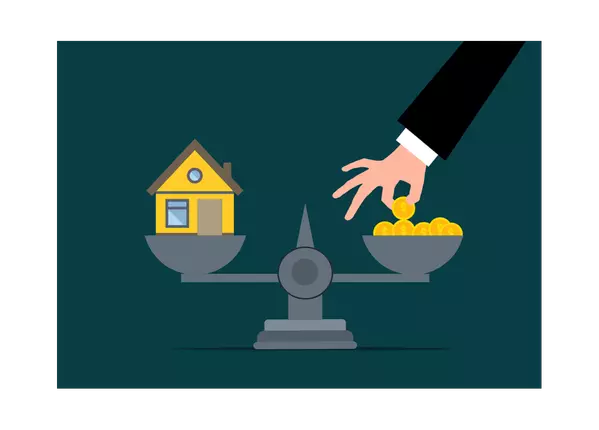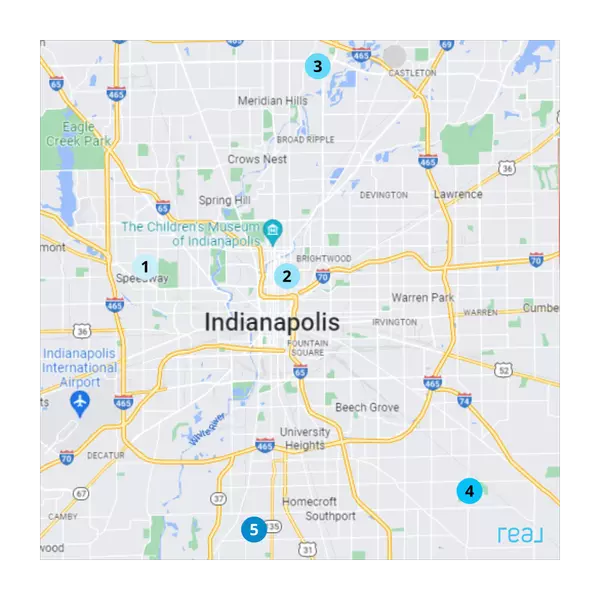Seller's Disclosure-What is it?
“When making experiences, attention to detail matters.” – Richard Branson
What are some of the ultimate experiences in life?
- Skydiving
- Running a marathon
- Your first flight
- Volunteering
- Learning an instrument
- Traveling around the world
- Receive a promotion
The bucket list goes on and on but it is also personalized to YOU. What is another experience that is personalized to you? Buying or selling your home is on the list of experiences you typically remember. Even if you have moved to more states than you can count or lived in the same home your entire life, it is often more than just a "transaction." Although there are tricky parts to the home buying and selling process, everyone's goal is to get to closing with the least amount of bumps along the road. That is why it is not only important to hire the right agent, it is also important to trust that agent to understand the details. A vital part of that process is the documents required before you sell your home or those same documents that you read over as a buyer. One of those documents is a Seller's Disclosure.

What even is a Seller's Disclosure?
Yes, it is a legal document. We know legal documents are not the most exciting things to read and learn about, but they do matter. The Seller's Disclosure has a few other names including "Home Disclosure" or "Property Disclosure Statement." In simple terms, the Seller's Disclosure states the overall condition of the property and its features. The requirements and components for the Seller's Disclosure can vary by state but your agent will know those laws. In the Hoosier state, the seller is required to make the buyer aware of any known material defects with not only the home, but its major systems too. The key feature of the document is the seller discloses the condition to the best of his/her knowledge. For example, if they know the age of the roof or if there were previously any leaks, they are obligated to properly disclose that. However, if the homeowner does not know that information or owned the property without ever living there, there is an option on the document that says, "Do Not Know."
Why should I care about a Seller's Disclosure?
The Seller's Disclosure can protect the buyer from known defects on or around the property. Certain issues with the home can heavily impact the value of the home and be a deciding factor for prospective buyers. Additionally, the Seller's Disclosure can allow a buyer to terminate the contract if they have inspection contigencies or disocver that the seller knew about an undisclosed defect. For sellers, this document is not one that you should quickly overlook or put a check mark down without reading the words. Would you buy the first car on the dealership lot without doing a test drive, seeing the mileage, looking under the hood, and researching the vehicle history? Probably not. While the due dilligence of inspecting a car is on a different scale that a home, you can see why understanding the disclosures are important for both parties.
What are some of the parts in a Seller's Disclosure?
This is not a complete list of every line item of a Seller's Disclosure, but all parties typically focus on certain items that make up the document. Below are some of those key pieces:
- Foundation/Structural
- Water & Sewer System
- Electrical components
- Safety Hazards/Conditions (Radon gas, lead paint, mold, etc.)
- Basement condition
- Is it in a flood plain?
The idea is not for you as a seller or buyer to know every single term of the Seller's Disclosure, rather you should have a base knowledge of why it exists and have the trust that your agent will guide you along the way. It can seem complication so if you have any questions, feel free to reach out!
Categories
Recent Posts











